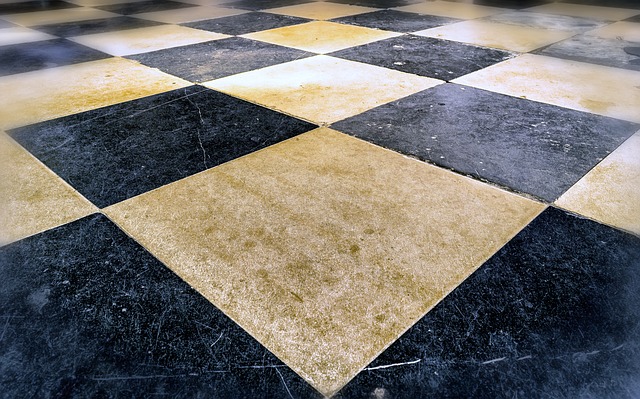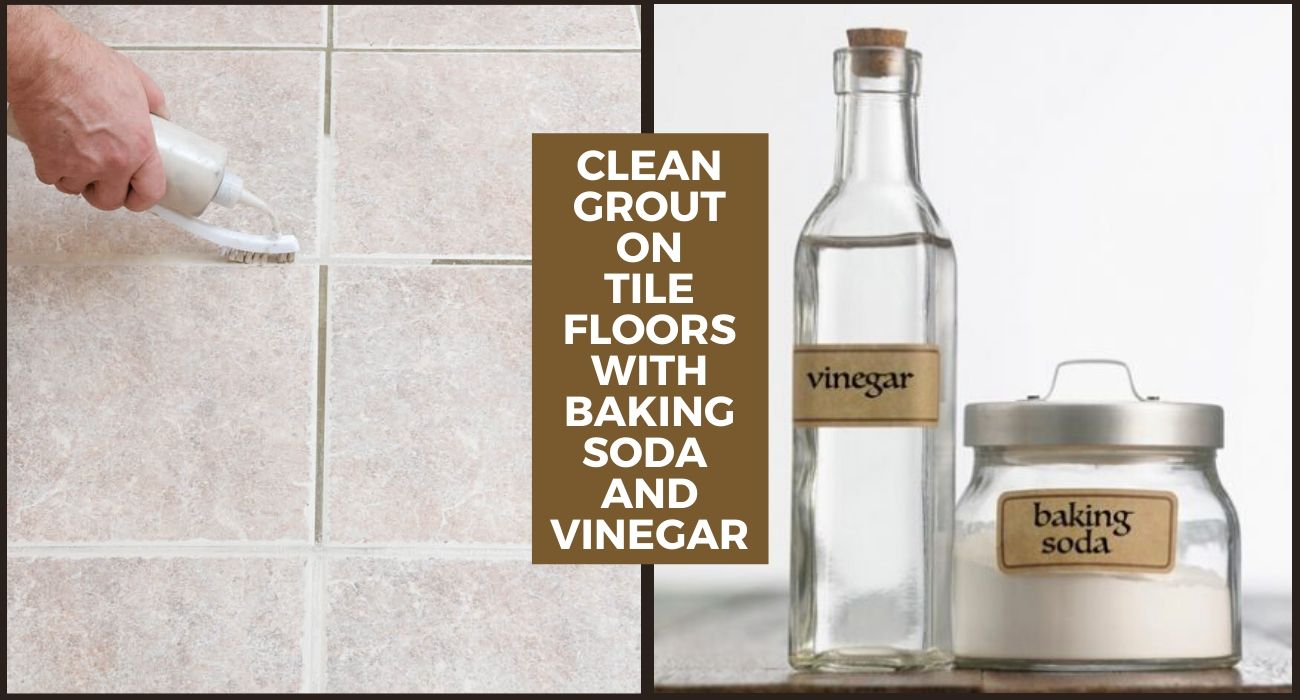We all want our homes to sparkle, and cleaning our floors is a crucial part of that. But when it comes to delicate materials like marble, a natural cleaning solution like vinegar seems tempting. After all, it’s affordable, readily available, and effective for many cleaning tasks. But can you really use vinegar on marble floors? The answer, like many things in life, is a bit more complex than a simple yes or no.

Image: dragon-upd.com
Marble floors add a luxurious touch to any home, but they require specific care to maintain their elegance and shine. Vinegar, a popular cleaning agent, has its own set of advantages and disadvantages when it comes to marble. This article explores the potential impacts of vinegar on marble, delving into its pros and cons to help you make an informed decision about using it on your precious floors.
Understanding Marble
Before we delve into vinegar, let’s understand what makes marble so unique and why it requires careful cleaning. Marble is a metamorphic rock, formed over millions of years under immense heat and pressure. This process results in a beautiful, porous stone with a crystalline structure. This porous nature is what makes marble susceptible to staining and damage.
The Benefits of Vinegar
Vinegar is a popular cleaning solution for a reason. It’s a natural, all-purpose cleaner that is both effective and affordable. Here are some reasons why vinegar is often considered for cleaning:
- Acidity: Vinegar’s acidity is a natural disinfectant, effectively killing bacteria and viruses. This is a valuable property for maintaining a hygienic environment.
- Deodorizer: Vinegar can neutralize unpleasant odors, leaving a fresh, clean scent. This makes it ideal for areas prone to smells.
- Cost-effective: Vinegar is readily available at grocery stores and is much more affordable than many commercial cleaning products.
The Risks of Using Vinegar on Marble
While vinegar has its advantages, its acidity can pose a risk to marble. Here’s how:
- Etching: Vinegar’s acidic nature can gradually erode the surface of marble, creating a dull, pitted appearance. This etching is permanent and can significantly diminish the beauty and value of your marble floors.
- Increased Porosity: The etching process can make the marble more porous, making it more susceptible to stains in the future.
- Damage to Sealant: Marble floors often have a protective sealant applied to prevent staining and wear. Vinegar can weaken and damage the sealant, reducing its effectiveness.

Image: clsa.us
Alternatives to Vinegar for Cleaning Marble
Luckily, there are safer and more effective alternatives to vinegar for cleaning your marble floors:
- Water and mild soap: A simple solution of warm water and a mild dish soap is often all you need to clean marble floors. The key is to avoid harsh chemicals.
- PH-neutral cleaners: Look for cleaners specifically formulated for marble and other natural stone. These cleaners are designed to clean without damaging the surface.
- Marble polish: Marble polish can help restore shine and protect the surface. However, use it sparingly as excessive polishing can also erode the marble over time.
Marble Floor Care: Recommendations
Here are some essential tips for maintaining the beauty and longevity of your marble floors:
- Regular sweeping and dusting: Prevent dirt and debris from accumulating on your floors. Sweep or vacuum regularly to remove dirt and grit before it can scratch the surface.
- Clean up spills immediately: Spills, especially acidic liquids like wine or citrus juices, can quickly stain marble. Clean up spills as soon as they occur, using a damp cloth.
- Use a mop with soft bristles: Hard bristles can scratch the marble surface. Choose a mop with soft, natural fibers.
- Avoid harsh chemicals: Avoid using harsh cleaners that contain ammonia, bleach, or acidic ingredients on your marble floors.
- Reseal regularly: Marble should be resealed periodically to protect the surface and prevent stains. The frequency of resealing depends on the type of sealant and the amount of traffic your floors receive.
Other Factors to Consider
While vinegar is a popular cleaning agent, it’s crucial to consider the specific characteristics of your marble floors and your cleaning needs. Here are some points to keep in mind:
- Type of Marble: Different types of marble have varied levels of porosity and hardness. Some marbles are naturally more resistant to etching than others.
- Finish: The finish of your marble floors can also affect their susceptibility to vinegar. Polished marble is generally more vulnerable than honed or tumbled marble.
- Color: Lighter colored marbles tend to show etching more prominently than darker marbles.
- Previous Cleaning Methods: If you’ve previously used harsh cleaners on your marble floors, they might be more susceptible to etching from vinegar.
Can I Use Vinegar On Marble Floors
Conclusion
In conclusion, while vinegar is a versatile cleaning agent, its use on marble floors is not recommended. The acidity of vinegar can cause etching, permanently damaging the surface of your marble. To keep your marble floors shining and protected, opt for safer alternatives like mild soap and water, pH-neutral cleaners, and marble polish. Always refer to the manufacturer’s recommendations for cleaning and caring for your specific marble type. Remember, a little care and attention can go a long way in preserving the beauty and value of your marble floors for years to come.

:max_bytes(150000):strip_icc()/OrangeGloEverydayHardwoodFloorCleaner22oz-5a95a4dd04d1cf0037cbd59c.jpeg?w=740&resize=740,414&ssl=1)




